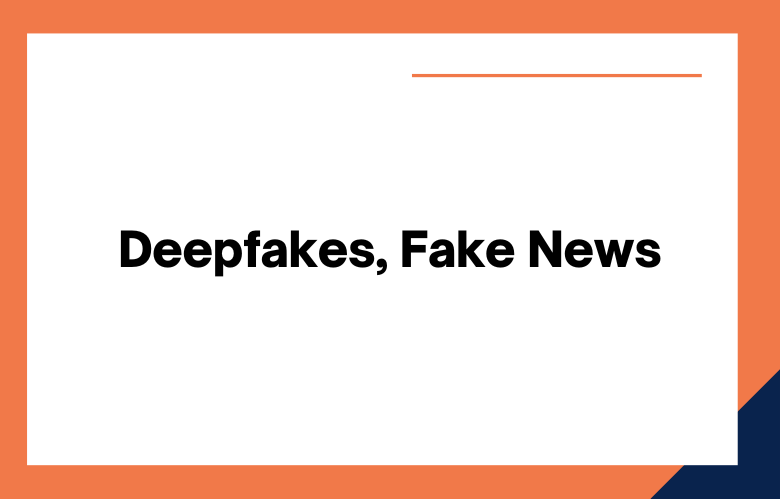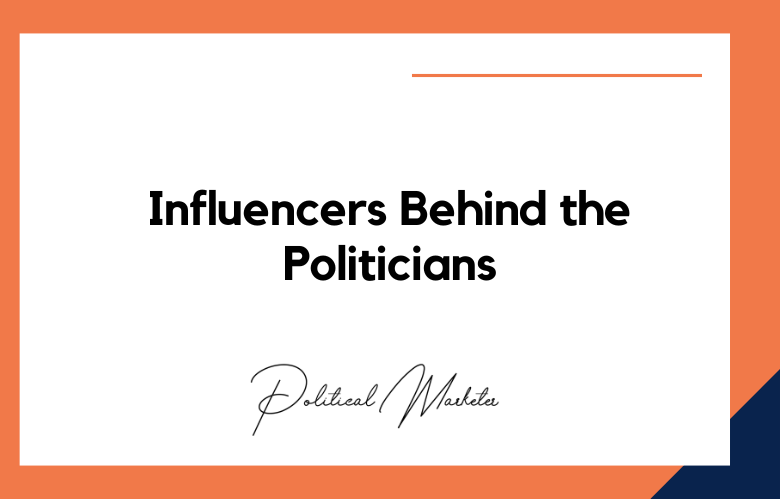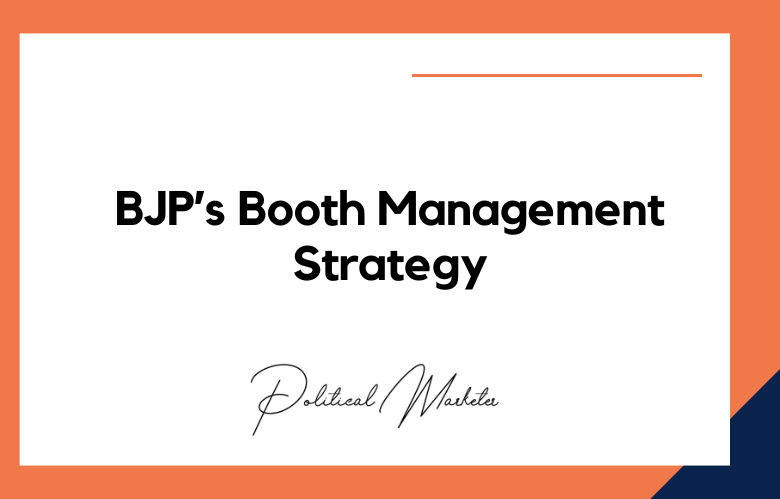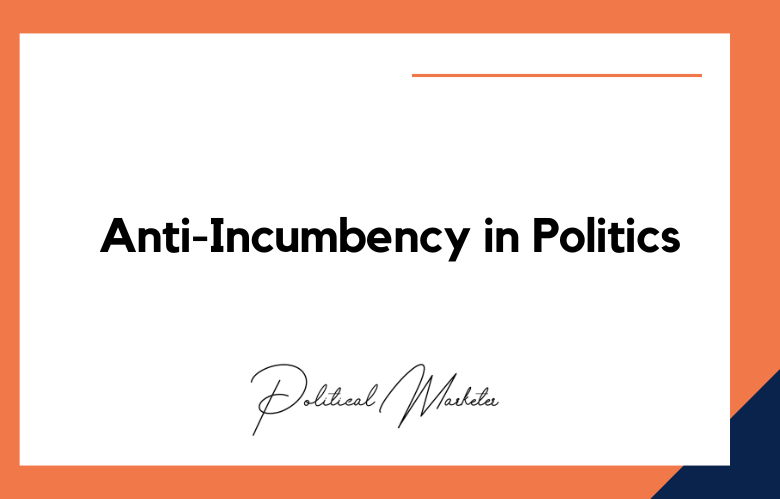India, the world’s largest democracy, is gearing up for its 2024 general elections. However, the democratic process in India and other parts of the world faces a new and insidious threat – deepfakes and fake news, fuelled by rapid advancements in generative AI.
By harnessing new technologies, malicious actors could create fake videos, speeches, and social media posts to spread false information and sway public opinion during election campaigns.
We will explore how deepfakes and fake news can impact Indian elections, AI’s role in their creation, and the measures that can be taken to counter them.
Deepfakes are AI-generated videos or images that can manipulate or replace existing footage. They can create convincing and powerful political ads and speeches, portraying a candidate in the best or worst possible light, even if the content is false.
What is Deepfakes?
Deepfakes are a recent phenomenon where a person’s face is replaced with someone else’s using deep learning algorithms. The result is a video that looks like the original but with someone else’s face.
These videos can be used to create fake news or spread propaganda. More work is being done to differentiate between real videos and deepfakes. It is worrying because it can be used to spread misinformation and significantly impact the election results.
Deepfake technology is evolving and becoming harder to detect, and it is essential to understand the consequences it could have in the future of Indian elections.
What is Fake News?
Fake news is misinformation that is presented as news. It is designed to spread false information and manipulate the audience.
Its goal is to spread a particular narrative or agenda. Social media platforms have made it easier to spread fake news because of the speed and scale at which a message can be disseminated.
Fake news played a significant role in the 2016 US presidential elections and is also a growing concern in India.
With the use of deepfakes, the influence of fake news could significantly increase, and it is essential to be aware of the tactics used by political parties to influence voter opinion.
How does Generative AI Work in Elections?
Generative AI is a technology that uses algorithms to create new data. The data can be in any form, including text, images, and videos. It used to apply mainly to art and design.
However, it has found its way into politics. It creates talking points for politicians, generates new speeches, and even writes op-eds. Generative AI is an exciting technology because it has the potential to make politics more engaging.
At the same time, it can also be dangerous because it removes the need for authenticity. It can create false narratives and influence voter opinion in favor of a particular political party.
Consequences for Indian Elections.
The use of deepfakes, fake news, and generative AI presents significant challenges to the future of Indian elections. It represents a war on truth and a threat to democracy.
The onus is on social media platforms and political parties to prevent the spread of disinformation. Both must work together to ensure that accurate information is disseminated to the public.
Voters must be made aware of these new technologies and how to spot false news. It’s vital to remember that the authenticity of a message is just as important as the message itself.
Deepfakes:
Deepfakes are a new form of manipulated media that uses deep learning technology to superimpose one person’s face onto another person’s body, creating a fake video or image.
This technique can disseminate false information and propaganda during the election season. Deepfakes can be used to spread disinformation about a candidate or create fake endorsements.
As Indian politicians rely more and more on social media, deepfakes could be used to sway public opinion.
Fake News:
Fake news is nothing new, but with the growth of social media, it has become a powerful weapon to influence voters.
In India, where social media penetration is increasing rapidly, fake news can spread at lightning speed. Political parties and their supporters often use fake news to defame their rivals and create hype around their agendas.
With the help of bots, trolls, and online breeding grounds for propaganda, fake news can create an alternate reality that can influence the election outcome.
Generative AI:
Generative AI uses machine learning algorithms to create realistic but fake audio, video, or images that are nearly impossible to differentiate from reality.
In the Indian context, generative AI could be used to create videos that show a politician saying something they never actually said. Audio clips of politicians could be manipulated to sound precisely like a person, creating further confusion among the electorate.
Impact on Indian democracy:
The proliferation of deepfakes, fake news, and generative AI can have profound implications for Indian democracy.
If these technologies are used effectively, they could swing the balance in favor of a particular party or candidate. By manipulating public opinion, elections may no longer be a fair reflection of the people’s will.
It is up to the Election Commission of India to take measures to prevent the misuse of these technologies and ensure that elections are free and fair.
Possible solutions:
One possible solution is to use blockchain technology to verify the authenticity of news articles and videos.
This helps filter out fake news and ensure that voters have access to unbiased information.
Another solution is creating a fact-checking mechanism to identify deepfakes and false information quickly. This would make a more informed electorate and ensure voters are not swayed by propaganda.
Conclusion:
Rapid advancements in generative AI, deepfakes, and fake news have emerged as significant threats to the legitimacy of Indian democracy.
The issue of fake news spread through social media platforms is a growing concern. However, the participants must also consider how AI can manipulate election campaigns and influence the public.
Regulation and oversight of these technologies are of utmost importance, and social media platforms must develop tools to detect and remove fake news automatically.
Educating the public on the dangers of deepfakes and fake news should also be a priority. Only through a coordinated effort can we prevent the malicious manipulation of Indian democracy and secure the future of our elections.
Call: +91 9848321284
Email: [email protected]
Deepfakes, Fake News, and Generative AI: The Future of Indian Elections – FAQs
What Are Deepfakes And How Do They Impact Indian Elections?
Deepfakes are AI-generated videos or audio that impersonate real people, misleading voters and threatening election credibility.
How Is Generative AI Influencing Political Narratives In India?
Generative AI creates persuasive speeches, campaign materials, and synthetic content, reshaping how narratives are delivered to voters.
Why Is Fake News A Growing Concern During Election Cycles?
Fake news spreads rapidly via social media, creating confusion, swaying public opinion, and undermining democratic integrity.
How Do Deepfakes Differ From Traditional Misinformation?
Deepfakes use AI to generate hyper-realistic audio-visual impersonations, while traditional misinformation relies on misquoted text or distorted images.
Can AI-Generated Content Be Used Ethically In Political Campaigns?
Yes, AI content can support ethical campaign strategies when used for voter education, sentiment analysis, or transparency.
What Are The Risks Of Unchecked Generative AI During Elections?
It can fuel disinformation, fake endorsements, and manipulated visuals, threatening voter trust and campaign fairness.
How Can Voters Detect AI-Generated Misinformation Or Deepfakes?
Voters should verify sources, look for visual inconsistencies, use fact-checking tools, and stay updated on detection technologies.
What Role Do Social Media Platforms Play In Spreading Or Controlling Fake Content?
They act as amplifiers for viral misinformation but offer moderation tools and flagging systems to reduce its spread.
Are Indian Laws Equipped To Handle The Rise Of Deepfakes In Politics?
Current laws lack specificity; there is a pressing need for election-focused AI and synthetic media regulations.
How Should The Election Commission Of India Respond To Deepfake Threats?
It should enforce AI transparency rules, deploy detection tech, and run public awareness initiatives against synthetic media.
Can AI Tools Be Used To Counter Misinformation During Elections?
Yes, AI can scan massive content volumes in real-time, identify misinformation patterns, and support digital literacy efforts.
What Are Some Notable Cases Of Deepfakes In Global Political Campaigns?
Notable examples include doctored campaign videos in the U.S., Russia, and the EU that were designed to manipulate voter sentiment.
How Are Political Consultants Leveraging Generative AI In India?
They use it for micro-targeted messaging, rapid content creation, virtual avatars, and automated sentiment responses.
Why Is Media Literacy Crucial In The Age Of AI And Deepfakes?
Media-literate citizens can critically assess content, reducing the influence of deceptive digital narratives in elections.
What’s The Role Of Tech Companies In Ensuring Election Integrity?
They must offer AI detection tools, enforce authenticity verification, and collaborate with election bodies to reduce disinformation.
How Can Political Parties Misuse AI In Election Campaigns?
AI can be exploited to deceive and divide voters through manipulated videos, bot-driven engagement, or fake influencer content.
Are There AI Tools That Can Authenticate Genuine Political Content?
Blockchain watermarking, reverse search engines, and AI verification platforms are evolving to validate media authenticity.
What Impact Do Deepfakes Have On Public Trust In Political Discourse?
They reduce credibility, create voter skepticism, and diminish confidence in authentic political communication.
How Can Journalists And Media Houses Combat AI-Generated Misinformation?
By investing in AI detection tools, transparent reporting, and real-time fact-checking partnerships with tech platforms.
What Is The Future Outlook For AI Regulations In Indian Political Campaigns?
India is in the early stages of AI policy-making, and comprehensive regulations tailored to political and electoral use are essential.











